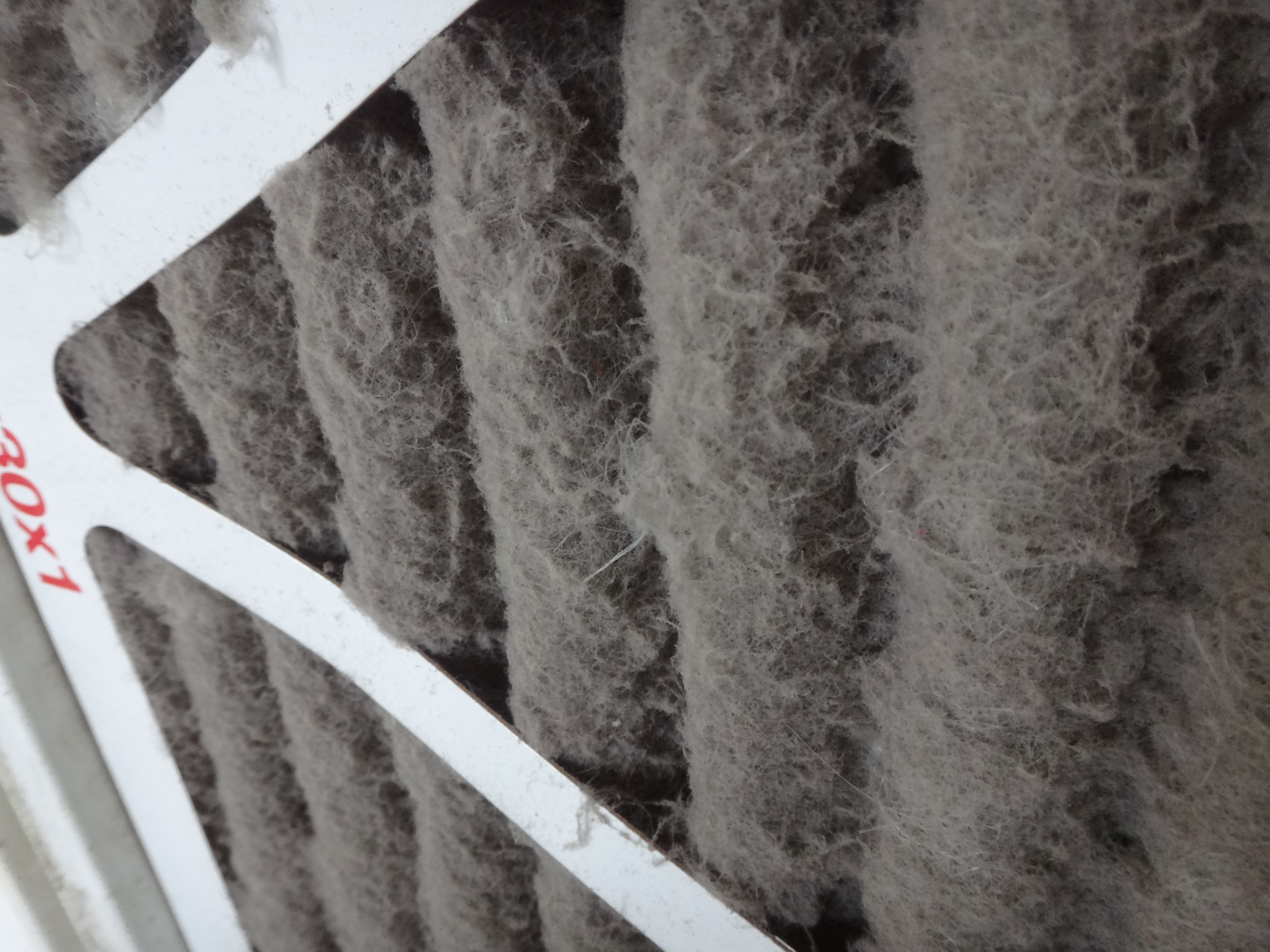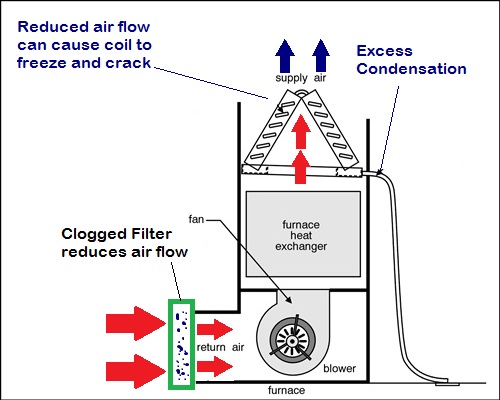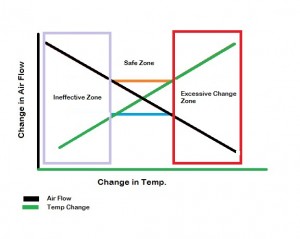You Dirty, Dirty Filter
Keep Your Air Clean and Healthy
One common household maintenance item that is often overlooked is the air filter for the heating/AC system. We find this all the time on home inspections. Some homeowners don’t know where the filter is, and others have no idea that it requires regular replacement. Some people are under the impression that a dirty filter is better because it traps even more dirt!
We find this all the time on home inspections. Some homeowners don’t know where the filter is, and others have no idea that it requires regular replacement. Some people are under the impression that a dirty filter is better because it traps even more dirt!
What’s the Big Deal About a Dirty Furnace Filter?
The air filter is a very important part of your whole heating and AC system. It removes a lot of the contaminants that can damage your system or reduce its efficiency. Even a cheap filter will prevent pet hair, dust, and bugs from entering the forced air unit and the ducts. Better-quality filters can even capture mold sports and other allergens leaving the conditioned air cleaner that it was when it entered the system. If you allow dust to accumulate in the ducts it becomes a good environment for mold to grow when combined with moisutre or high humidity. If there is a mild burning smell when you turn on your furnace, you may need to have your ducts cleaned.
A Dirty Filter Can Cost You Money
Reduced air flow from a dirty filter causes your heating and AC system to work harder. The system fan has to work longer to circulate all the air in the house. The circulation fan also has to work harder to suck air through the dirty filter which uses more electricity. If you are into cars, you know that a clean, high quality filter allows better air flow which improves performance.

A Clogged Filter Can Ruin Your Furnace and AC System
The heating and cooling system must be balanced to ensure the most efficient performance. The size of the equipment must match, and depends on proper air flow through the system. If a dirty filter reduces the air flow through the system, wide changes in temperature can damage it. It has the same effect as if you obstructed the radiator on your car. The reduced air flow would prevent adequate air to flow through your radiator which will cause your car to over-heat. Over-heating can lead to cracking of the heat exchanger. Cracks in the heat exchanger could allow dangerous Carbon Monoxide gas into the living space of the house.
Maintenance Minute – Furnace Filter from SD Inspections on Vimeo.Likewise if there is poor air flow in cooling mode, the AC coil can freeze and crack from a lack of warm air blowing across it. The excessive drop in temperature causes too much moisture to condense from the air (just like the moisture on a cold drink on a hot day). The condensation from the moist air freezes bacause it is not kept warm enough. The temperature drop that we check for at a home inspection should be 14 – 22 degrees between the air that enters the system and that which is blown back into the house. If the temperature drop is leass than 14 degrees, there may be a problem with the condenser or refrigerant. If the temperature drop is greater than 22 degrees, it often indicates an unbalanced system or a clogged filter.

Be sure to change your filter at least twice a year. More if you live in a dusty or rural area. And you should consider having your heating and AC system tuned once a year. Theses tune-ups usually cost about $100 and are often less with a coupon.



